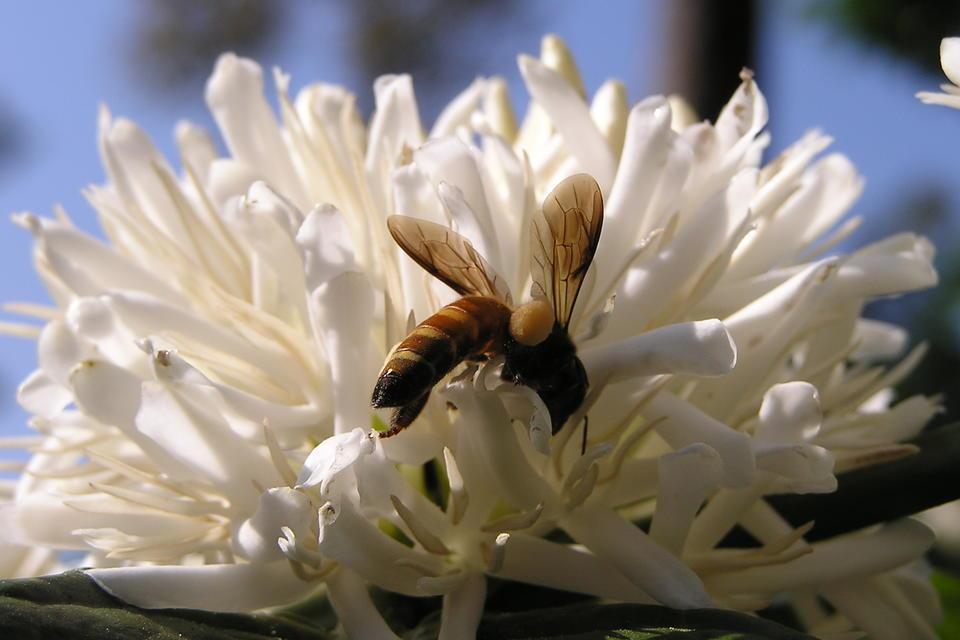More Work Needed To Unlock Mysteries of Asia’s Bees
- From
-
Published on
09.08.23
- Impact Area


According to a recent global analysis, only 1% of the global public data on bee distribution comes from Asia, even though 15% of the world’s bee species are thought to live there.
In a new paper, “Opportunities and challenges in Asian bee research and conservation”, published in the journal Biological Conservation, 74 researchers from various regions including 13 Asian countries strongly recommend that more resources be put to building basic scientific knowledge of bee biodiversity throughout Asia.
Dr. Smitha Krishnan, co-author of the paper and Alliance researcher based in Bengaluru, India, said the biggest impediment to preserving bee species is a lack of knowledge of what we have, where and how species live, and even more foundationally an inability to identify different species.
“Given the key roles native bees play, both ecologically and economically in a region like Asia, understanding how to manage and maintain bee diversity is crucial for our food and nutritional security and resilience of forests, thus the multiple ecosystem services that the forests provide which are vital for our survival,”
Krishnan said, adding that a diverse range of bees are needed to cater to the wide diversity of flower types that need to be pollinated, especially in agriculture.
Related news
-

Harnessing digital tools in securing soil health for Africa’s food future
Sehlule Muzata27.06.25-
Climate adaptation & mitigation
-
Environmental health
-
Nutrition, health & food security
-
Poverty reduction, livelihoods & jobs
Nairobi, 27 June 2025 (IITA) - As it marks its first anniversary, the Regional Hub…
Read more -
-

Harnessing digital tools in securing soil health for Africa’s food future
Sustainable Farming Science Program27.06.25-
Climate adaptation & mitigation
-
Environmental health
-
Food security
-
Poverty reduction, livelihoods & jobs
Nairobi, 27 June 2025 (IITA) - As it marks its first anniversary, the Regional Hub…
Read more -
-

Beyond tools, toward transformation: ACAT 2025 presses for collaborations
The Alliance of Bioversity International and the International Center for Tropical Agriculture (CIAT)24.06.25-
Climate adaptation & mitigation
-
Environmental health & biodiversity
Over 800 delegates gathered in Kigali Rwanda for ACAT 2025 to explore agri-tech solutions for…
Read more -
